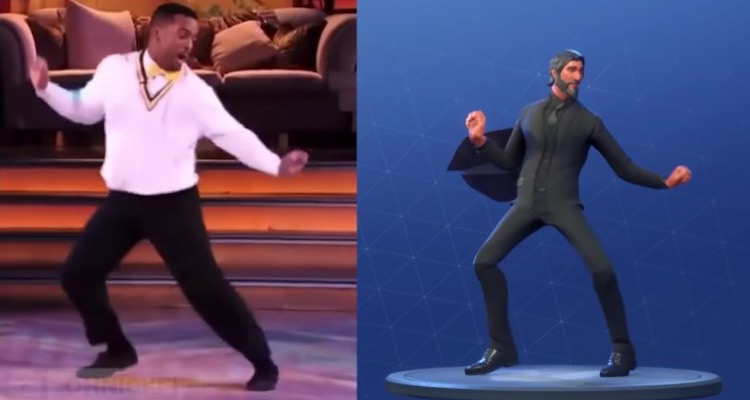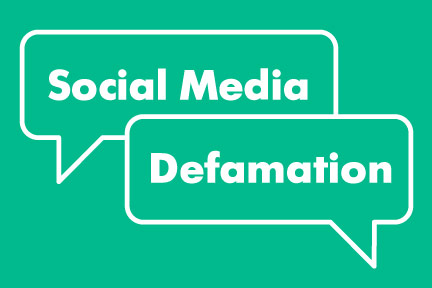Blog
NEW SUPREME COURT COPYRIGHT OPINION REQUIRES NEW STRATEGIES FOR PROTECTING WORKS
Posted: April 1, 2019 | News, Tips
OVERVIEW: In an important decision with implications for protecting all copyrighted works, of businesses and individuals, this month the U.S. Supreme Court (“SCOTUS”) unanimously held that, under § 411(a) of the Copyright Act, a claimant may not file a lawsuit for copyright infringement of a given work until an application to register the work with the Copyright Office has either been granted or refused. See Fourth Estate Public Benefit Corp. v. Wall-Street.com, LLC. In this case, the claimant did not pre-register the work before filing suit. Consequently, SCOTUS affirmed the dismissal of the copyright infringement suit based on non-compliance with § 411(a). Henceforth, protecting copyright in works of authorship (e.g., books, computer programs, articles, and business publications) requires a new strategy for businesses and individuals who wish to protect their works.
NEW TEST FOR DETERMINING INDEPENDENT CONTRACTOR STATUS
Posted: March 22, 2019 | News, Tips
OVERVIEW: In one of the most impactful and far-reaching employment law decisions, the California Supreme Court recently handed down a landmark decision holding that, to comply with California wage orders, a business firm desiring to claim that workers are independent contractors rather than employees now must now carry the burden of proof to meet a new, rigorous three-part test. Although this decision was announced nearly a year ago, California employers continue to grapple with its implications. The new test is a radical change from the multi-factor test that applied in California since 1989. See Dynamex Operations West, Inc., v. Superior Court, S222732 (Cal. Apr. 30, 2018). The case presumes that all worker are employees. The decision has significant ramifications for California businesses.
COPYRIGHT COMPLEXITIES: FRESH PRINCE OF BEL-AIR STAR ALFONSO RIBEIRO DENIED COPYRIGHT CLAIMS TO THE CARLTON DANCE
Posted: February 28, 2019 | News
"The Carlton" dance is iconic. But the U.S. Copyright Office says Fresh Prince of Bel-Air star Alfonso Ribeiro cannot copyright the dance move. The ruling was filed in one of two lawsuits the actor Alfonso Ribeiro has brought against video game makers whose characters and avatars perform “The Carlton” — a dance he popularized on the sitcom The Fresh Prince of Bel-Air.
CLARIFICATION OF CALIFORNIA’S ANTI-SLAPP LAW AND IMPACT ON INTERNET AND SOCIAL MEDIA SPEECH
Posted: June 15, 2018 |
A recent decision of the California Second District Court of Appeal clarified an unresolved issue in California’s anti-SLAPP law. (Cal. Code Civ. Proc. §425.16.) A special anti-SLAPP motion to strike (i.e., dismiss) is a procedural device in California. The statute allows the defendant to file a special motion to strike a complaint filed against him or her based on an "act in furtherance of [his/her] right of petition or free speech under the United States or California Constitution in connection with a public issue." (Cal. Code Civ. Proc. §425.16.) If a court rules in your favor, it will dismiss the plaintiff’s case early in the litigation and award you attorneys' fees and court costs. A successful motion can obviate spending many thousands of dollars in defense costs if the case lacks merit.
FOX TELEVISION’S USE OF WORD “EMPIRE” DID NOT VIOLATE RECORD LABEL’S TRADEMARK
Posted: April 3, 2018 |
Do you ever wonder why TV shows and movies typically substitute fictional names for well-known actual brand names like “Coke”, “American Airlines,” “BMW,” “New York Yankees? This is primarily because studio lawyers are extremely cautious about infringing a trademark or dealing with the hassle of a complaining trademark owner. They know that federally registered marks are protected by the federal Lanham Act, which affords robust remedies for infringement. Lawyers for producers, studios, and networks have long steered clear of even remote trademark infringement claims, arising from unauthorized use of most brand names in expressive works such as TV shows and movies.




